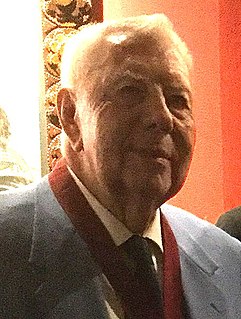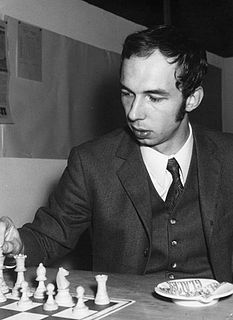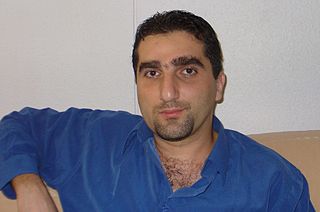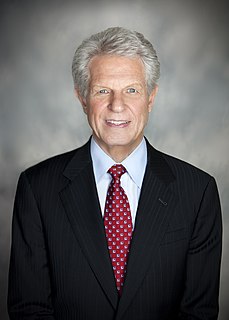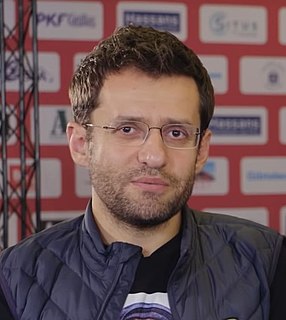A Quote by Viswanathan Anand
Intuition in chess can be defined as the first move that comes to mind when you see a position.
Related Quotes
War is like a game of chess ... but with this little difference, that in chess you may think over each move as long as you please and are not limited for time, and with this difference too, that a knight is always stronger than a pawn, and two pawns are always stronger than one, while in war a battalion is sometimes stronger than a division and sometimes weaker than a company. The relative strength of bodies of troops can never be known to anyone.... Success never depends, and never will depend, on position, or equipment, or even on numbers, and least of all on position.
Chess is a unique battlefield for human minds and computers - human intuition, our creativity, fantasy, our logic, versus the brute force of calculation and a very small portion of accumulated knowledge infused by other human beings. So in chess we can compare these two incompatible things and probably make projections into our future. Is there danger that the human mind will be overshadowed by the power of computers, or we can still survive?
In chess there can never be a favorite move. I can probably pinpoint in a specific game, there might be a move that was like, "Oh, that was a good move." And maybe certain moves turned the whole game around, but there's not one special move that does that, unless it's checkmate because that's when the game is over.
I don't think I have a favorite chess move, other than checkmate, because each move is part of a combination of other moves. Just like I don't have a favorite piece, because they all work together. I mean, I love myself; I am the king on the board, but other pieces do different things and they all work together, so it's not one particular move unless it's checkmate because usually there's an answer. You know, chess is about questions and answers.
The first [quality] to be named must always be the power of attention, of giving one's whole mind to the patient without the interposition of anything of oneself. It sounds simple but only the very greatest doctors ever fully attain it. ... The second thing to be striven for is intuition. This sounds an impossibility, for who can control that small quiet monitor? But intuition is only interference from experience stored and not actively recalled. ... The last aptitude I shall mention that must be attained by the good physician is that of handling the sick man's mind.


